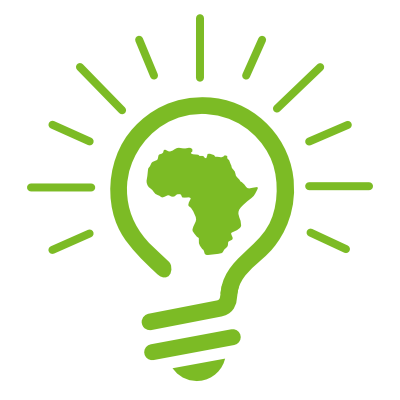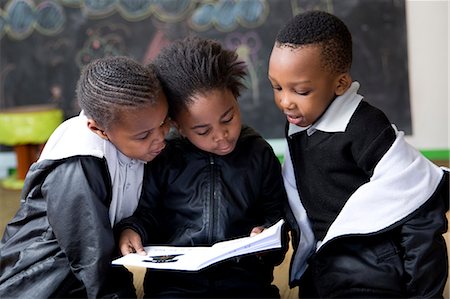The term learning loss refers to any specific or general loss of knowledge and skills, or reversals in academic progress, most commonly due to extended gaps or discontinuities in a student’s education. Many studies have attributed the loss of learning from Covid explicitly to the lost teaching time from school closures. In Malawi, however, students have not only lost learning opportunities from the lack of physical schooling time due to school closures, but also suffered a one-off loss in foundational knowledge on concepts which they had previously mastered. Adjusting our estimates to account for the difference in time between the last pre-Covid assessment, the reopening of schools, and our post-Covid assessments, we have estimated the share of learning loss observed that stems from each dimension of lost learning.
Of the total 97 points of learning loss, 40 (0.3 s.d., almost one year’s learning) points occurred during the closure of schools. In other words, an individual student returned to schools following the reopening with, on average, 40 points less on scaled test-scores than they achieved in previous assessments. Assuming that students learned nothing during the physical closure of schools (the reach of remote learning interventions appears to have been limited), we would only expect the seven-month closure to translate into 14 points (0.12 s.d.) of lost learning. This suggests that not only did students not learn during the closure of schools, but there was a one-off reduction in knowledge from the Covid shock, amounting to an average of 26 points (0.22 s.d., around six months’ learning), which is not accounted for by the lost schooling time.
Emerging evidence, including from a recent review of 29 studies from 17 countries, demonstrates that the Covid-19 pandemic and associated closures of schools have been correlated with substantial loss in learning. In South Africa, Grade 2 students lost between 57% and 70% of a year of learning compared to their pre-pandemic peers, and Grade 4 students lost 62% to 81% of a year of learning. A particular challenge in sub-Saharan Africa is the lack of availability of representative, contextual datasets on the dynamics of students’ learning that can provide valuable insights on where the students are on the learning curve upon returning to formal education.
Furthermore, this evidence shows tangible proof that we need to reimagine education; not only in public availability, but accessibility as well, to all students who have been navigating these covid-impacted learning environments. Asynchronous and self paced learning modules using tech-solutions such as M-Lugha, Student-Hub, and Mshule, among many others, can prove pivotal in bridging the gaps to achieving the 4Cs of 21st century skills; communication, collaboration, critical thinking, and creativity.
Original article publicized by: World Bank Blogs.



